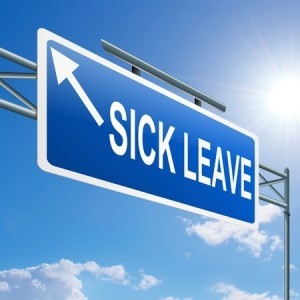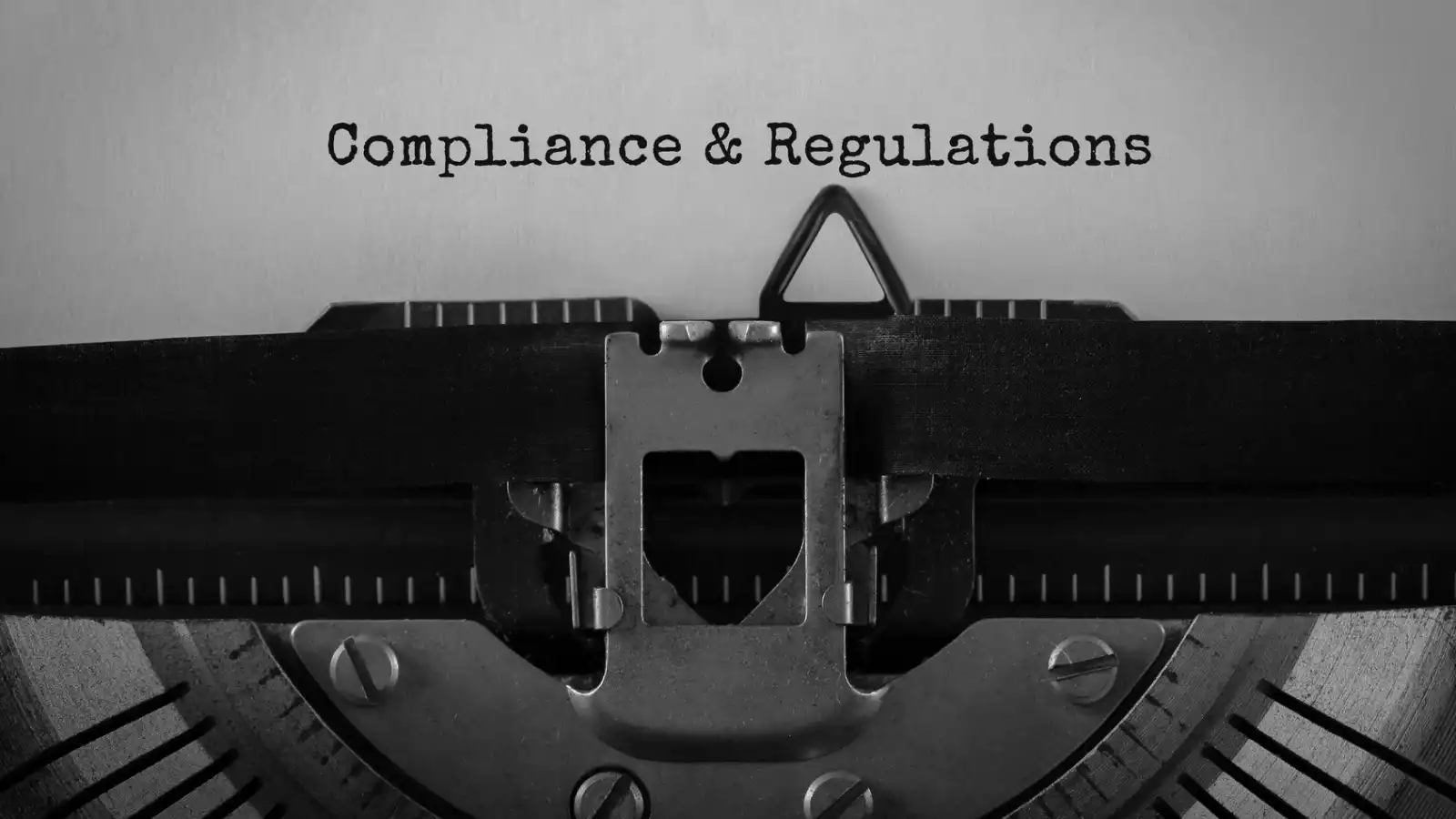 Beginning July 1, 2015 Massachusetts employees have the right to take up to 40 hours of paid sick leave each calendar year under the Massachusetts paid sick leave law. On November 5, 2014 Massachusetts voters passed a law that requires all employers with more than 10 workers to provide paid sick leave. Employers with 10 or fewer employees will be required to allow their employees to earn and use up to 40 hours of unpaid sick leave.
Beginning July 1, 2015 Massachusetts employees have the right to take up to 40 hours of paid sick leave each calendar year under the Massachusetts paid sick leave law. On November 5, 2014 Massachusetts voters passed a law that requires all employers with more than 10 workers to provide paid sick leave. Employers with 10 or fewer employees will be required to allow their employees to earn and use up to 40 hours of unpaid sick leave.
Under the new law, employers that already provide at least 40 hours of paid leave (sick leave, vacation leave or paid time off) are not required to offer additional benefits, provided they permit employees to use at least 40 hours per calendar year for the purposes covered under the law.
The earned sick leave may be used if:
• The employee is ill or has a medical appointment.
• The employee must care for an ill family member.
• Needs to attend routine medical appointments of the employee or the employee’s child, spouse, parent, or parent of a spouse.
How Is The Time Earned?
Employees will earn a minimum of one hour of sick leave for every 30 hours worked starting on July 1, 2015 or from their date of hire (whichever is later), up to a maximum of 40 hours per calendar year. Employees are not allowed to use their accrued earned sick time for the first 90 days of their employment.
As with the Family and Medical Leave Act, employees may use their earned sick leave intermittently, either in hourly increments or the smallest increment in the payroll system for absences.
Employees are permitted to carry-over up to 40 hours of earned but unused sick leave into the next calendar year. Unlike vacation and other paid time off, employers are not required to pay employees for accrued but unused sick leave upon separation from employment.
Employers may require medical certification of the need for earned sick leave if the employee is absent for more than 24 consecutively scheduled work hours, but the employer may not delay or deny sick leave because they have not received medical certification. When the need for leave is foreseeable, employees must make a good faith effort to provide advance notice of their leave.
Massachusetts Employers Should Review Policies
In anticipation of these changes, Massachusetts employers should start to review their paid time off, vacation, or other paid leave policies to determine whether they will have to implement earned sick leave for any of their employees.
As with any new regulation, anything can change before the effective date, including the effective date.
For more information on the Massachusetts Sick Time Law, please reach out to Genesis HR Solutions at AskUs@genesishrsolutions.com or 800-367-8367
Genesis HR Solutions is the premier PEO provider for Massachusetts based businesses.





